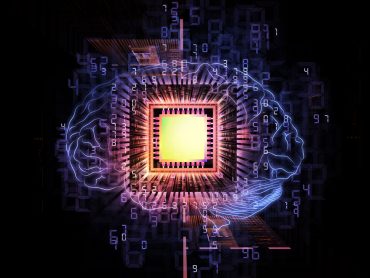
AI is slowly entering the healthcare market, but without proper evaluations and assessment of solutions, many hospitals and clinicians will be burnt by new technology they can’t implement correctly.
Artificial intelligence is considered one of the few ways to improve productivity and work satisfaction for radiologists and clinicians, but many hospitals are unfit to adopt these new technologies, without adapting their current systems.
“I think AI is going to change how we practice. It’s not going to replace us, but it will change radiology dramatically,” said Paul J. Chang, medical director at the University of Chicago. “But the key point is how is it going to change us?”
SEE ALSO: The Impact of AI on the Healthcare Industry
There’s been a wealth of research into AI for medical imaging, which could relive radiologists of the more taxing assessment stage of injuries. A team of researchers from the University of Cambridge and Imperial College London developed a system able to detect brain injuries and know if the patient requires surgery, alleviating the assessment stage for radiologists.
Another team led by the Pennsylvania School of Medicine developed an AI model that could improve the detection of brain tumors by up to 99 percent, compared to the traditional method.
The issue, for almost all medical imaging programs with embedded AI, is the data requirements. “[AI detection for brain tumors] will require more data than any single medical center holds to reach its full potential,” said Jason Martin, a principal engineer at Intel Labs.
Utilizing a large database of AI resources may be one way to alleviate this issue, although many hospitals are not in a financial position to spend lots on relatively new technology.
Implementing their own data collection policy may be difficult, especially for hospitals and healthcare organizations that still file paper reports.
Pre-Planning Key To Successful Deployment
Fully understanding the accuracy, repeatability, and usability of the AI solution before implementation is critical to its success as well, according to Omar Sunna, director of global product management at GE Healthcare.
“This means that the AI solution has a number of solutions that can be implemented in the workflow to help drive proper critical condition triage, prioritize the right examinations to be read, and close the loop well with the clinicians about how to best convey this information in a rich report,” he added.
AI is slowly entering the healthcare market, but without proper evaluations and assessment of solutions, many hospitals and clinicians will be burnt by new technology they can’t implement correctly.






























